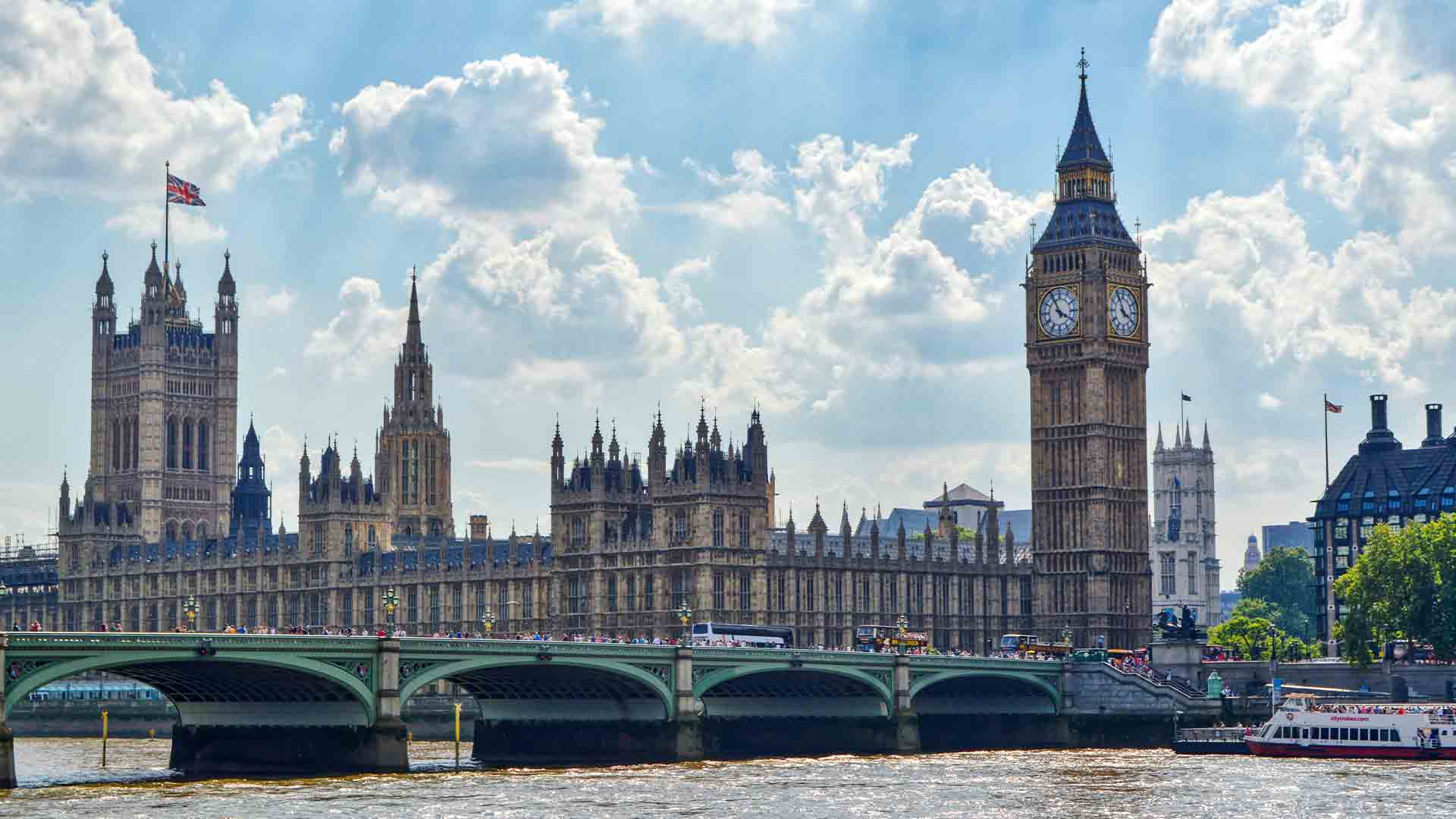You are viewing your 1 free article this month. Login to read more articles.
Creators’ Rights Alliance says of government's AI plan: 'Advancements should not ignore the rights of creators'
The Creators’ Rights Alliance (CRA) has suggested that the government’s newly published plan on Artificial Intelligence (AI) was not conceived with enough insight from creators.
The coalition – which includes around 23 trade bodies and unions – released a statement outlining concerns about the government’s plan published on Monday (12th January), echoing comments from both Dan Conway, chief executive of the Publishers Association, about the report and those from former CRA chair Nicola Solomon around the government’s direction on AI.
The coalition said: "The CRA welcomes the ambition of the AI Opportunity Plan, but there are few indications that it has been conceived with input from creators and creative industry representatives.
“CRA members welcome new and innovative technologies, such as AI that enable human creators to produce inspiring work that benefits both the businesses and the audiences who enjoy it. It is clear that as a technological tool it can improve data collection and efficiency. But advancements should not ignore the rights of creators, safety risks and the large-scale environmental impact of vast data centres at a time when the Government has committed to Net Zero.”
The CRA is urging more protection of creators’ work against AI companies rather than changes in law.
Representatives of the CRA said: “This report was released in amid the government’s AI and Copyright Consultation and yet it recommends that current AI Copyright law is inadequate. This is not the case. It is not the law which is inadequate, but the behaviour of AI tech companies who have taken creators’ content without permission to train their AI models.
"The UK has existing laws to protect copyright works including performances, images, music and the written word – many are already being illicitly accessed and used without the rights holders’ permission. Huge datasets of illegally-scraped content have already been used for AI-generating content and the Large Language Models (LLM). It is hugely disappointing the plan does not offer any solutions in this regard.”
CRA chair Anna Ganley, and also chief executive of the Society of Authors, said: “Yes, the AI race is speeding up, but the UK should not pursue growth and innovation in AI while running roughshod over existing copyright and data laws. Both the AI industry and the creative industries can thrive if we find ways to work together, respecting existing law.”
She added: “We urge the Government not to risk the livelihoods of our world-leading creative industries, but to find ways of harnessing the power of AI with the rights of creators, safety and sustainability firmly in mind. We need to ensure that the growth of AI complements the value of our world-leading creative industries. The CRA is continuing to work with members to respond to the Government Consultation and engaging policymakers to ensure creators’ rights are protected.”

















